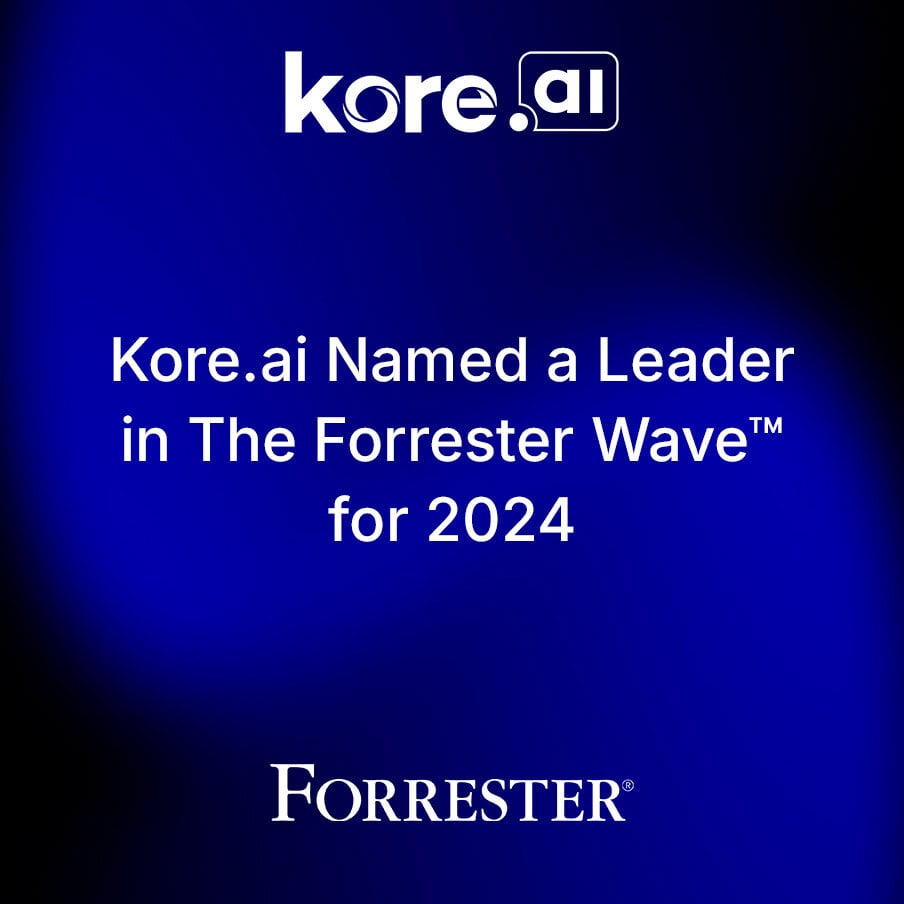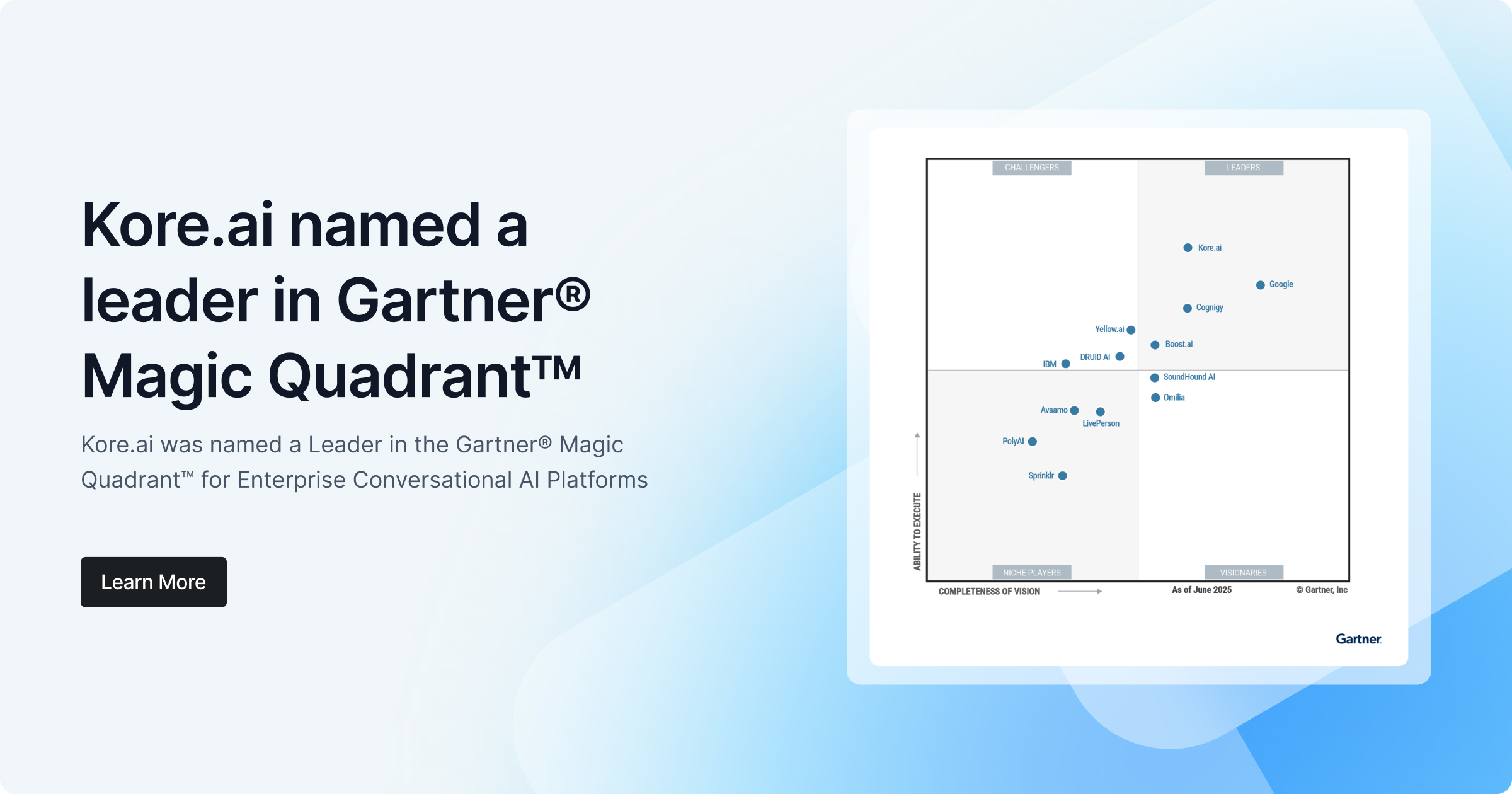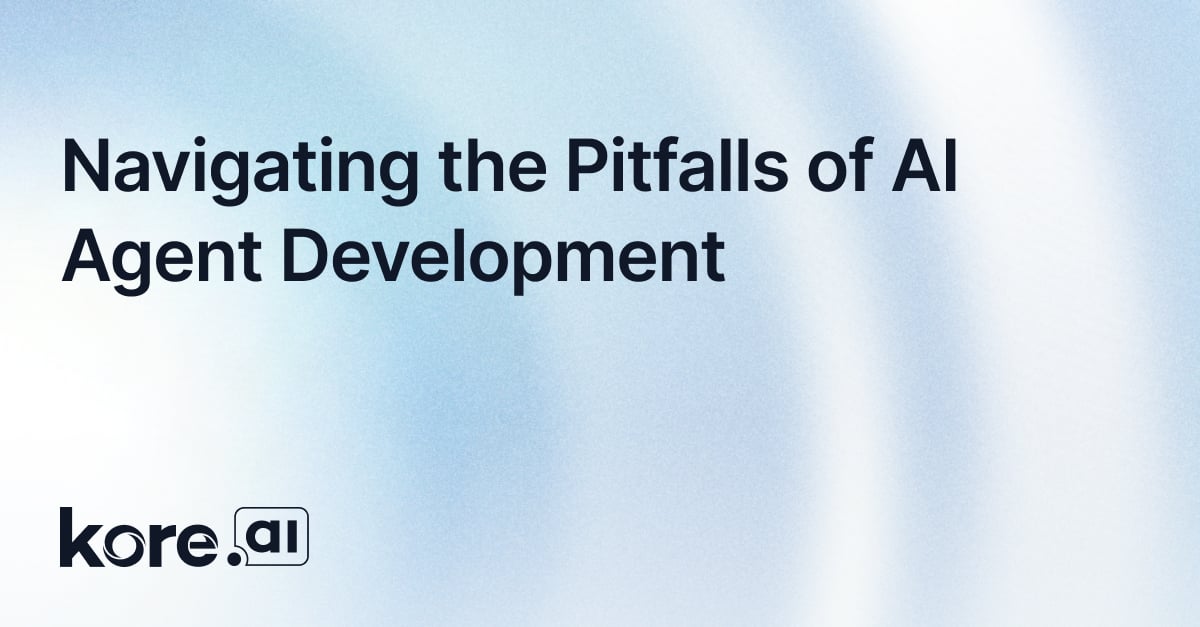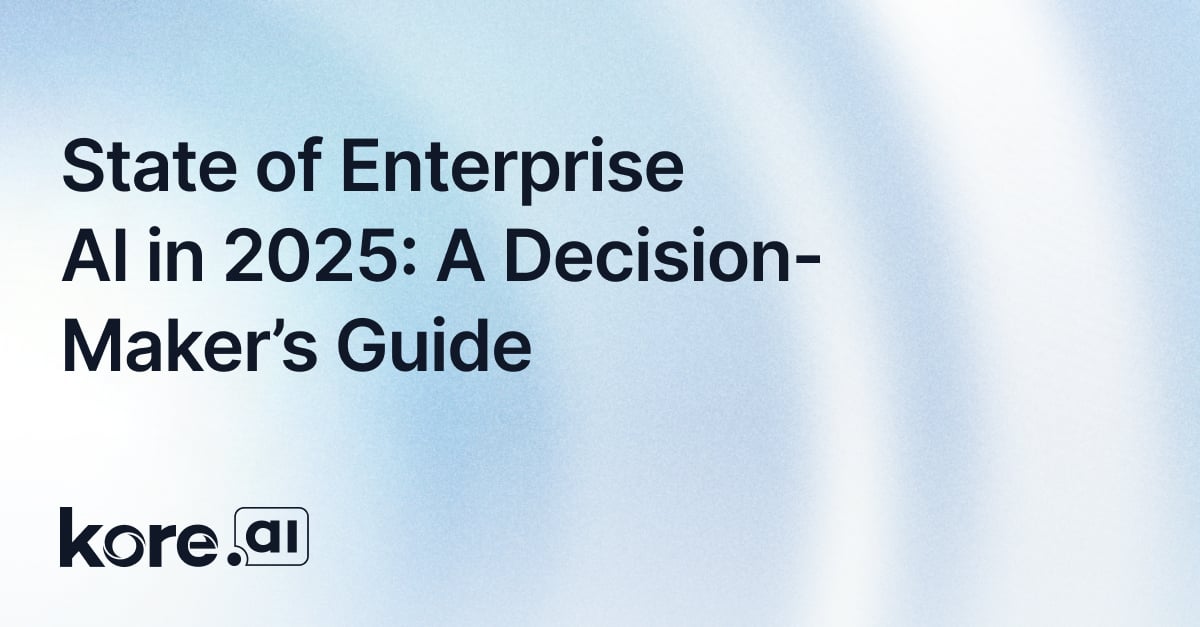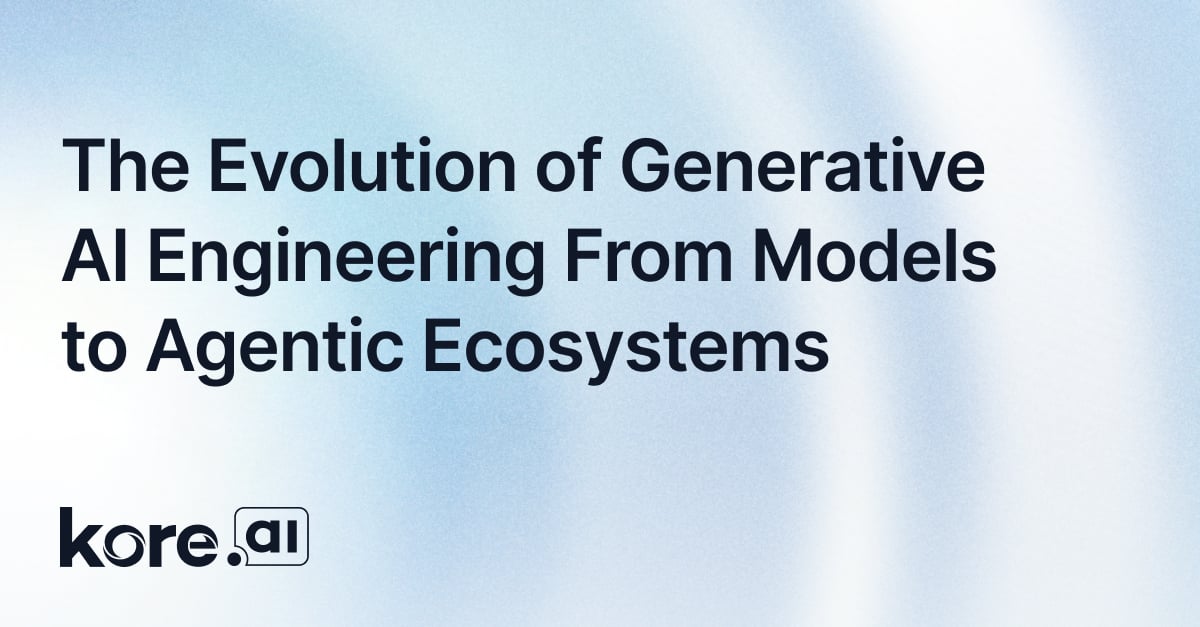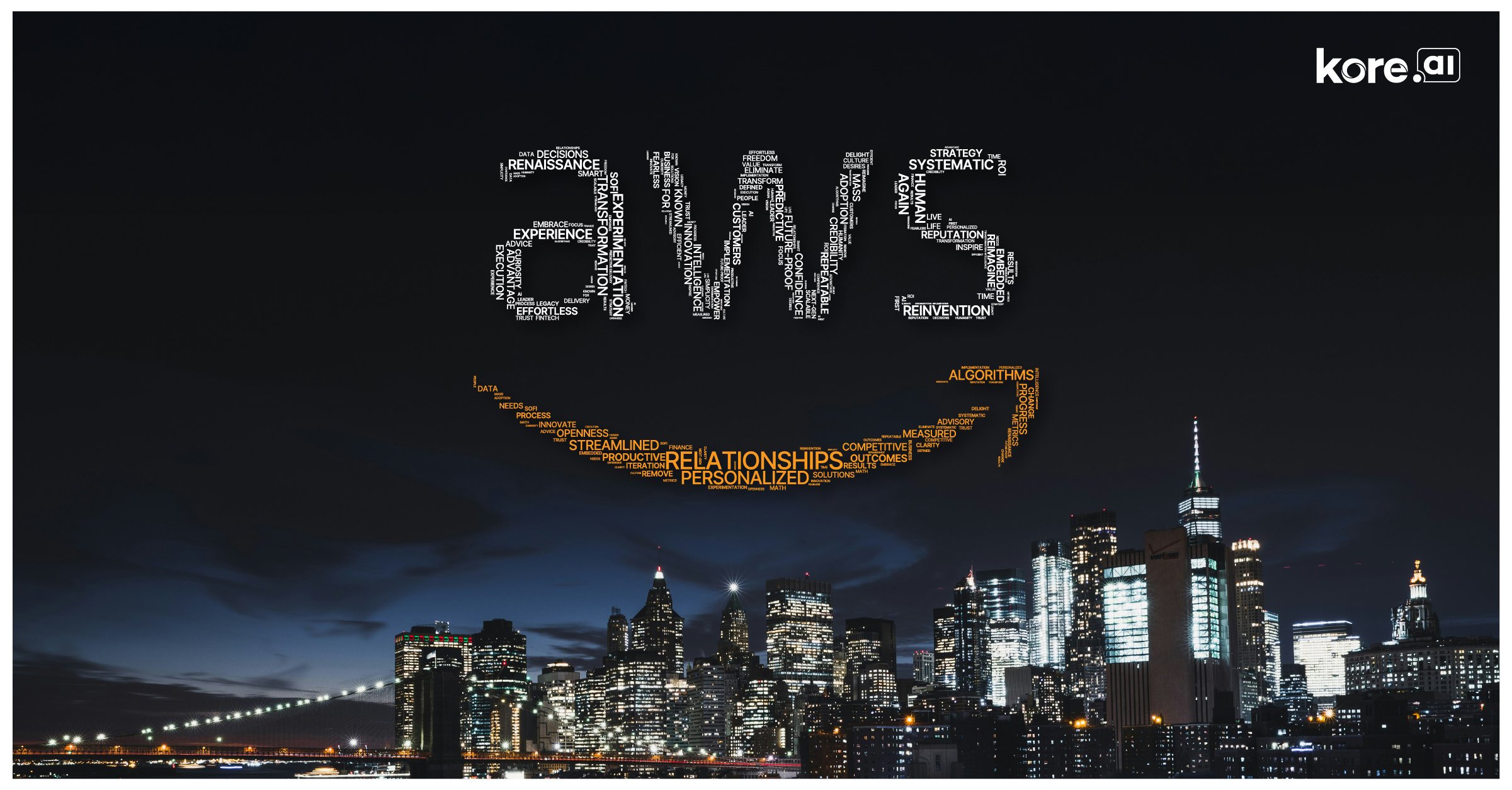Retail Industry's Shift to Personalization
In today's digital world, where consumers have access to a vast array of products and information, they want their shopping experience to be tailored to their preferences. There were times when shopping in a retail store meant physically examining products, loading them on the cart, making a payment, and leaving. However, we have come a long way since then!
Today, the conventional brick-and-mortar stores are often found struggling to deliver the level of personalization consumers demand due to technology and data limitations. Imagine this - You walk into a store on a spree to explore something new or purchase things you absolutely need, but it just doesn't feel like it caters to you. Sounds relatable?
The retail landscape has evolved, with shopping experiences happening online or through mobile apps in just a few clicks. As customers want their shopping to be automated, customized, and efficient, retailers are pressured to keep up. They are searching for ways to enhance the customer experience and stay ahead in the game. You might be wondering how AI Improves customer support services?
Here's where AI for retail comes in. Conversational AI assistants such as Kore.ai Retail Assist are already being utilized by retailers to provide personalized recommendations, answer customer queries, and even help with purchasing decisions, further enhancing the shopping experience.
The retail industry is on the cusp of a revolution with the implementation of AI technology. The global AI in the retail market is expected to expand at a compound annual growth rate (CAGR) exceeding 23.9% from 2022 to 2030 (Source: Grand View Research)! And one technology likely to disrupt this space is ChatGPT, a cutting-edge language model developed by OpenAI that has been making waves for its ability to perform human-like text generation with unprecedented accuracy. This has far-reaching implications regarding how retail businesses use AI to engage with customers.
In this blog, we'll look closer at the potential of LLMs like ChatGPT holds for the retail industry. So, whether you're a retailer looking to stay ahead of the curve or a customer seeking a more personalized shopping experience, this blog is for you. Join us as we delve into the potential of LLMs like ChatGPT and Generative AI technology and explore its possibilities to see if disruption is truly on the horizon.
AI for Retail:A Closer Look at Large Language Models (LLMs)
Large Language Models in Retail: An Overview
In today's competitive retail landscape, businesses are constantly seeking innovative ways to differentiate themselves. Large Language Models (LLMs) have emerged as a powerful technology to help retailers achieve this. These sophisticated AI tools are trained on vast amounts of data, allowing them to better understand customer intent and generate personalized responses that feel like authentic human interaction. This technology enables retailers to provide a tailored and engaging customer experience, making shoppers feel like they have their very own virtual shopping assistant. From answering product questions to guiding customers through the purchasing process, LLMs are transforming the way retailers interact with their customers.
While LLMs are a powerful tool, they have some limitations like inability to control responses, hallucination, etc. So, combining them with conversational AI platforms can lead to even better results. These platforms can address the limitations of LLMs and create sophisticated bots that improve CX in a fraction of the effort and time. By leveraging the complementary strengths of both technologies, retailers can create powerful CX solutions that engage customers, improve satisfaction and loyalty, and reduce operational costs. Chatbots are one common approach, and have been successfully implemented by companies.
For example, Belcorp, a multinational company with 55 years in the world of beauty and direct sales, has improved its customer experience with product findability, leading to a 10% increase in call containment rate in just one year of implementation. This has helped the company in increasing engagement and customer satisfaction. Belcorp uses Intelligent Virtual Assistants built on the Kore.ai XO Platform to provide its customers with personalized recommendations on the website in multiple Latin American dialects. With the help of natural language processing (NLP), the virtual assistants can understand customer requests and offer customized product suggestions based on their preferences.
The Benefits of AI for Retail: Why are LLMs a Game Changer?
The potential of LLMs in the retail sector to reduce operational costs and improve customer service is huge. Retailers are leveraging natural language processing capabilities to communicate more effectively with customers and provide personalized services through chatbots, virtual assistants, and automated customer service.
One example of how LLMs are used in the retail industry is through personalized recommendations. By analyzing a customer's purchase history, browsing behavior, and other data points, LLMs can generate recommendations for products that are tailored to the customer's interests and preferences. This can lead to increased sales and customer satisfaction. For example, one of the world's largest consumer electronics and home appliance brands is using an intelligent virtual assistant built on Kore.ai XO Platform to help its online shoppers with the necessary product information and support to increase online sales revenue.
LLMs can provide numerous benefits for retailers looking to improve their operations and stay ahead of the competition. Some of the key advantages of using LLMs in retail include:
-
Streamlined operations and reduced costs: LLMs can help automate routine tasks, such as inventory management and order processing, freeing up staff to focus on more important tasks. This can lead to increased efficiency and cost savings for the retailer.
-
Improved customer satisfaction: How AI Improves Customer Support Services?LLMs can analyze customer data to provide personalized recommendations and improve the overall shopping experience. This can help increase customer loyalty and satisfaction.
-
Valuable insights into customer behavior: LLMs can analyze large volumes of customer data to identify trends and patterns, such as popular products and shopping habits. This can help retailers make data-driven decisions and tailor their offerings to better meet customer needs.
- Enhanced content creation and SEO: LLMs can generate high-quality product descriptions and other content to make products more appealing to customers. Additionally, LLMs can analyze search data to help improve SEO and drive more traffic to the retailer's website.
- Competitive advantage: By leveraging LLMs in the above suggested ways, retailers can stay ahead of the competition and offer innovative solutions that provide a competitive edge.
The Role of ChatGPT in Retail
As one of the most advanced and capable LLMs available today, ChatGPT is playing an increasingly important role in the retail sector. With its natural language processing capabilities, ChatGPT enables retailers to communicate with customers more effectively and provide personalized services through chatbots, virtual assistants, and automated customer service. Its ability to generate high-quality content, such as product descriptions and marketing copy, is particularly valuable for retailers looking to improve their SEO and drive more traffic to their website.
By leveraging the power of LLMs, retailers can streamline their operations, reduce costs, and provide an engaging and personalized customer experience that sets them apart from the competition. As GPT3 and other LLMs continue to evolve, the possibilities for improving the retail experience are truly endless.
Related Read: Why ChatGPT Is Not A Replacement For Enterprise Conversational AI Platforms
AI for Retail - The Use of ChatGPT
-
Product Recommendations
With its ability to understand and respond to natural language, ChatGPT can help create a shopping experience tailored to each customer. This means no more generic product recommendations or frustrating checkout experiences. With ChatGPT, businesses can create virtual assistants that respond to customer inquiries with natural, human-like language, 24/7, based on a customer's purchase history, interests, and previous interactions with the store. These virtual assistants can handle various tasks, from answering common questions about products and services to resolving customer issues and making recommendations. But that's not all. Here's the best part - ChatGPT never stops learning! GPT -3's unsupervised learning capabilities allow it to improve its understanding of customer preferences and behavior continuously. This means that it can make more informed and relevant recommendations over time, increasing customer satisfaction and a sense of loyalty to the brand.
What does all this mean for the shopper? Simply put, a goodbye to bland and impersonal shopping experiences and a hello to a more satisfying shopping experience. For retailers, it is a perfect tool to create an engaging, efficient, and personalized shopping experience that will keep their customers coming back for more!
-
Customer Support
By using ChatGPT for complaint resolution, retailers can improve the speed and accuracy of resolution while also demonstrating to customers that they care about their concerns. Here are a few ways how AI improves customer Support Serviceswith complaint resolution in the retail industry:
- Quick and Accurate Responses: With ChatGPT, retailers can provide fast and accurate answers to common customer complaints. This can reduce wait times for resolution and improve the overall customer experience.
- Automated Processes: ChatGPT can be used to automate the process of receiving, tracking, and resolving customer complaints. Retailers can use ChatGPT to triage complaints based on priority, route them to the appropriate team member, and track progress until resolution.
- Personalized Responses: ChatGPT can be trained to understand the context of a customer complaint and provide personalized responses. This shows the customer that the retailer cares about their concerns and improves the overall customer experience.
- Data Analysis: Retailers can use ChatGPT to analyze complaint data to identify patterns and trends. This can help them understand the root cause of customer complaints and take proactive steps to address them.
- Continuous Improvement: ChatGPT can continuously learn from customer complaints and make suggestions for improvement. Retailers can use these suggestions to refine their complaint resolution processes, resulting in an improved customer experience over time.
-
Marketing Content Creation
In the retail industry, marketing content like product descriptions and advertising copy plays a crucial role in generating buzz, attracting customers, and selling products. Writing product descriptions and advertising copy can be time-consuming, especially for retail businesses with a large product catalog. To generate marketing copies for retail, all a business needs to do is provide ChatGPT with some basic information about the product, like its features, target audience, and brand voice. Then, boom! ChatGPT uses its advanced language processing algorithms to generate a complete description, written in a style and tone that appeals to the target audience. And if you need to make any changes or tweaks, no problem! The generated description can be refined to your liking. Plus, ChatGPT can even analyze customer feedback and sales data to make recommendations for optimizing your product descriptions, helping you to increase sales.
-
Product Categorization and Labeling
Imagine you're shopping online and can't find what you're looking for because the products are all jumbled up. As a shopper, this can be irritating. And as a retailer, it can be a real headache trying to make sure all the products are in the right categories and have the right labels. Well, with ChatGPT, retailers can say goodbye to that problem. This means no more spending countless hours categorizing products and creating labels manually as ChatGPT does all the heavy lifting!
With its advanced language generation capabilities, ChatGPT can be trained to automatically categorize products based on their attributes, such as color, size, material, and more. This can be done by analyzing product descriptions and images and using the information to accurately place products into the correct categories. This not only saves time for retailers but also ensures that products are consistently and accurately categorized, which makes it easier for customers to find what they're looking for.
Further, ChatGPT can also be used to generate product labels and tags, which provide customers with additional information about the product, such as its features, benefits, and usage. With ChatGPT, retailers can automatically generate product labels based on product data, such as product specifications and customer reviews. This ensures that the labels are consistent, accurate, and up-to-date, making it easier for customers to make informed purchasing decisions.
Suggested Read: Why Conversational Search Matters for Elevating Digital Commerce and Workplace Experience
Final Words
In conclusion, AI for Retail is paving the way for a more personalized and seamless shopping experience. When you think how AI improves customer support services, retailers can offer more targeted recommendations and exceptional customer service, increasing customer satisfaction and loyalty. In addition to ChatGPT, conversational AI solutions like Kore.ai Retail Assist are also enabling retailers to provide a personalized and seamless shopping experience by unifying online and in-store shopping. As conversational AI technology continues to evolve and improve, we can only imagine the exciting possibilities for the retail industry. The future of shopping is here, and conversational AI powers it!
Related Read: ChatGPT Enhances Conversational AI But It’s Not a Business Solution
Interested to Learn How AI Improves Customer Support Services?
Create a frictionless retail experience for your shoppers and associates using AI for retail with Kore.ai RetailAssist.
